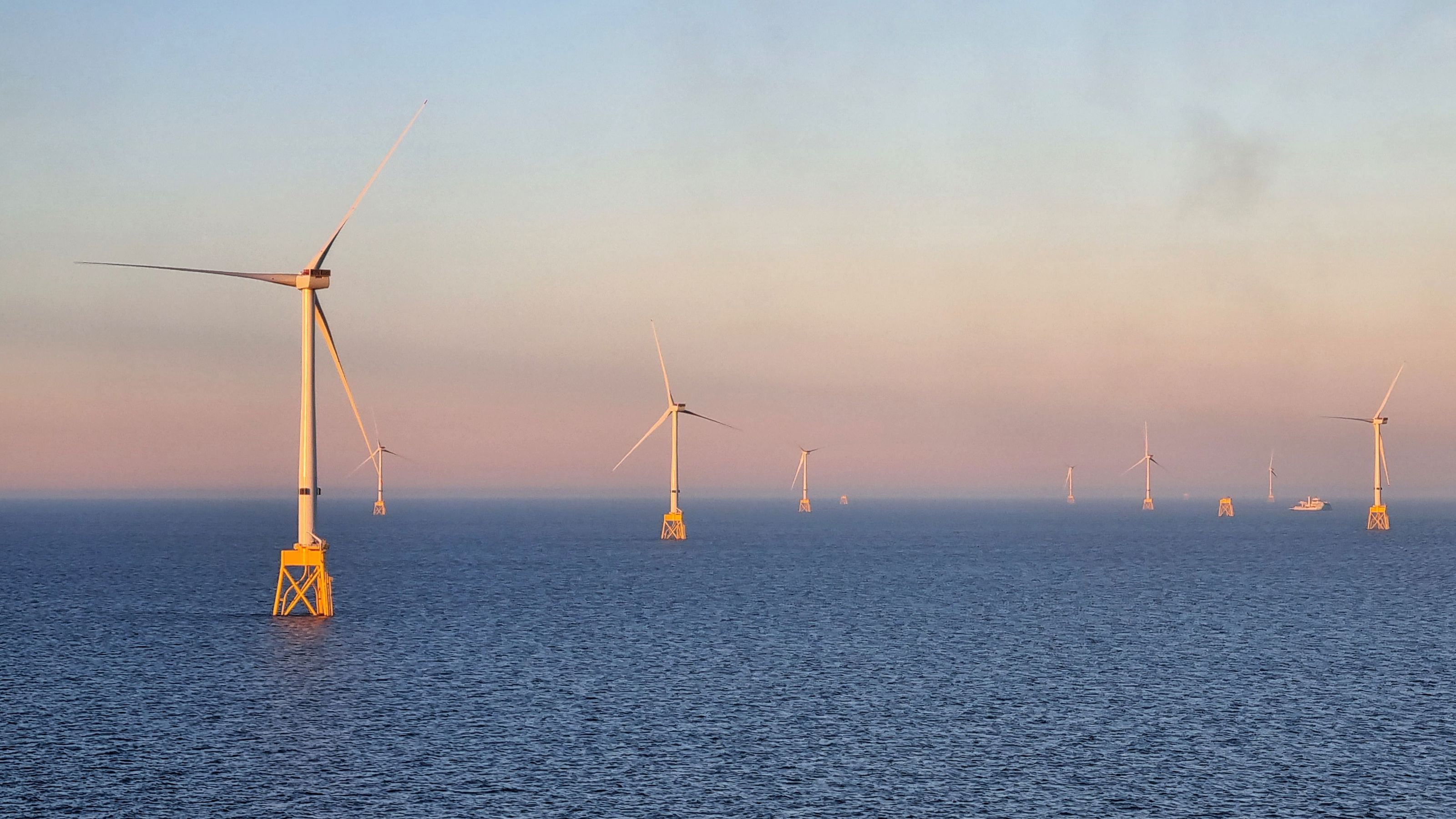ProWind aims to facilitate research, innovation, and sustainability in offshore wind foundation systems. It enables physical testing at multiple scales, from soil behavior under varying loads at the element level (in the laboratory) to large-scale testing of new technology concepts and models (in the field). Additionally, the project will collect data on marine ecosystems' responses to installations on the seabed.
Renewable energy is crucial for achieving the EU’s ambitious goals for green transition. As Norway invests in offshore wind projects on the continental shelf, developing effective foundation and anchoring systems becomes increasingly important.
By facilitating research on the challenges and uncertainties related to geotechnics and environmental impacts in offshore wind, ProWind can help ensure that new projects meet strict requirements for safety, cost-effectiveness, and sustainability. NGI’s tradition of experimental research through model and field testing has been central to developing new foundation methods.
This is ProWind
Solving critical challenges
The project will fill gaps in the current research infrastructure by establishing facilities that can offer multi-scale geotechnical model testing, simulate realistic loads on the seabed, and collect and make research data available from the Marine Energy Test Centre (METCentre) outside Karmøy. The data from ProWind will provide valuable new insights into foundation technologies and their effects and could serve as a basis for future decision-making.
The project also contributes to promoting education and the recruitment of future workforces through collaboration with OsloMet, while safeguarding the environment.
Ultimately, ProWind will significantly impact the development of offshore wind in Norway, both economically and environmentally. ProWind will play a key role in Norway’s transition to a green and sustainable energy future by facilitating collaboration between research institutions and industry.


